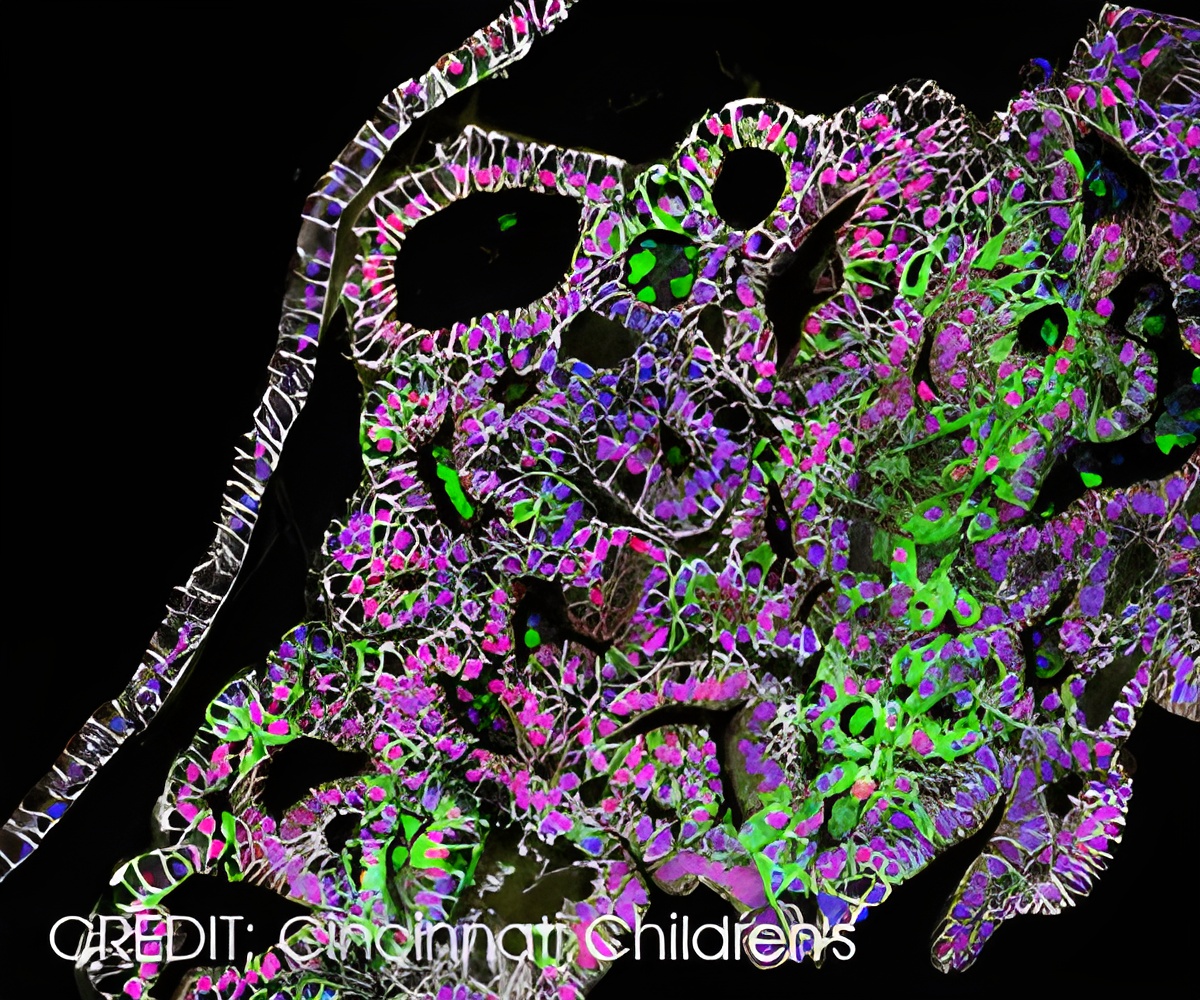Human organoids are considered a revolution in biology and medicine by cell biologists. They speed up the process of drug development and helps in identifying personalized treatments.

‘Human organoids have tremendous applications in biomedicine like identifying a disease, aiding the drug development process, establishing personalized treatments etc.’
Read More..




An Organoid Task Force, assembled by ASCB and led by Ruth Lehmann, Director of the Skirball Institute of Biomolecular Medicine at New York University School of Medicine, recognized the wealth of opportunities human organoid research will provide to life science investigators. The task force also uncovered a series of challenges that both science and society will have to address in light of this new scientific tool.Read More..
The potential applications for organoid research include:
Improvements in the study of human developmental biology,
The unique ability to identify the mechanisms of human disease,
Tremendous potential for applications in tissue engineering and regenerative medicine,
Development of patient-specific clinical models for personalized drug development,
Significant reduction in cost and time for development of prescription drug development.
"Along with the enormous potential human organoids offer, there are also a number of challenges for both science and society that will have to be addressed," Lehmann said.
These challenges include addressing issues of reproducibility from experiment to experiment and between laboratories seeking to replicate research findings. Solving the issue of reproducibility may well determine the ultimate utility of organoids to the scientific community.
Advertisement
Patient consent will also be a significant challenge to the future of organoid research, which will depend heavily on an adequate supply of properly consented human tissue. The ASCB paper includes detailed recommendations for developing methods of consent for future research.
The report will be presented at the 2018 ASCB|EMBO Meeting at the San Diego Convention Center in room 33B. To access an embargoed version of the report, go to https://preview.tinyurl.com/ASCB-organoid-rpt.
Source-Eurekalert







